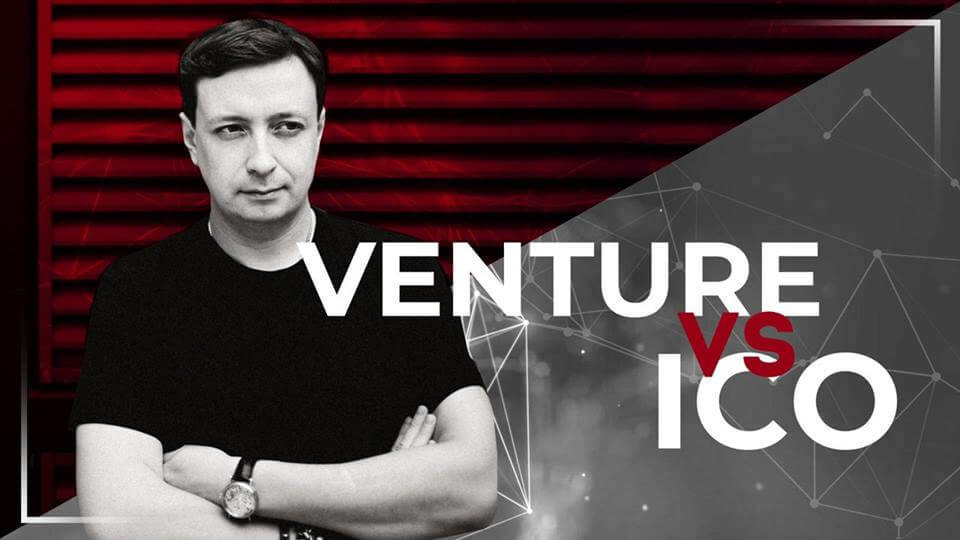Key Questions to Ask Any Blockchain Startup Before Investing
ICO participants share in the value of a growing number of new blockchain startups by purchasing a form of digital asset called utility tokens. Once bought, they are under the expectation that the tokens will bring significant gains in a future where they could be sold at a higher price. Nonetheless, it’s no secret that most of these will not achieve their desired outcome.
Many small investors in the blockchain market now spend hours doing research on how to allocate their funds wisely, trying to pin down the most promising projects. The problem is that proper investment requires a keen eye and may result counterintuitive sometimes. Especially when the relevant knowledge stems from fields as diverse as economics, investment banking, cryptography, law, and game theory.
However, although most of these investors don’t have the time to study all the nuances, there is a common denominator in the assessment of where gains will be: the token economy. Not all startups employ the basic economic principles that determine whether their project can be financially sustainable or not. Although their ideas might be promising from a technical perspective, their business models might be unprofitable. Those who are able to nail this beforehand are better positioned in the market.

There are six questions that are critical for any investor to determine whether a blockchain startup will lead to an actual business. Here’s a breakdown of each one.
1. Is the token necessary?
The first thing to consider in a blockchain startup’s business model is how necessary its token is. If the token is not essential to the platform’s operations, then the whole project serves no purpose and therefore will not accrue value organically. The success of a startup will depend on the supply and demand of its token.
2. How does the platform benefit both sides of a transaction?
Second, a blockchain startup should facilitate a specific transaction for all those involved, leaving each party better off. Otherwise, there is simply no reason for anybody to use the platform — leading, obviously, to little or no demand.
A great example of mutual benefit are escrow services. A blockchain platform could use smart contracts to hold funds in escrow at a much lower fee than traditional instances of the service. More so, here the funds would be held in the form of the platform’s own token, making it central to is business model.
3. How does it create real demand?
Speculation should never be the basis of a blockchain startup’s business model. Despite what the current market may look, valuable projects are based on real demand. This is created when the previous criteria of token necessity and mutual benefit are met. Once there is demand for a token on the basis of its utility, a startup’s business model should then seek to incentivize users to hold their tokens, which drives a price increase in the remaining tokens. Here, speculation only serves to amplify existing gains and is not the main driver.
Continuing with the tokenized escrow example, when a buyer and a seller use this service their funds are held temporarily by the platform in the form of tokens. These are now out of the market for a determined period. Over time, only a fraction of the system’s turnover will be available while 100% of the tokens are still sought after, driving a price increase based on real demand.

4. How does it reduce circulation?
One of the most important questions to ask any blockchain startup is what is their policy on token burning. Supply reduction goes hand in hand with the creation of real demand. As explained, when a token is needed but there is less of it on the market, the prices for held tokens undergo constant growth.
There are many ways a startup can ensure this, but the most popular method to reduce circulation is through commission burns. Whenever a service charges a percentage of a transaction, the tokens used for payment may be burned or made unspendable. The same percentage will no longer be available on the market, producing the same dynamic of price increase.
5. What is its multiplier?
We can calculate a particular token economy’s multiplier by dividing supply and demand. This indicator is a simple, useful tool that helps us assess the financial health of a blockchain startup.
As explained by investor Nick Evdokimov, “When we take into account the total volume of tokens, as well as the number of token reduction in the system, we can have an idea of whether demand is growing or not. If the result of dividing supply by demand is that tokens are being reduced, then that multiplier will allow us to calculate the tokens’ growth.”
6. Is the startup working with a fund?
Last, but not least, an investor should always inquire into a startup’s relationships with funds. Reason being, these funds are usually given access to better deals because of the leverage they hold. Since they’re able to provide the startup with large amounts of capital, startups will usually offer them discounts, and more importantly, equity. This practice is called a mixed deal.
For small investors, it is usually better to invest in a blockchain startup through a fund rather than approaching it directly.
These are all important factors in determining the outcome of any project in the blockchain market. ICO participants should always be on the lookout for the characteristics that signal a prudent or dubious investment. More so, they should not hesitate to ask any question when their hard earned money is at stake.
Read Full Article Here - Key Questions to Ask Any Blockchain Startup Before Investing
from TechGYD.COM https://ift.tt/2LSOnHQ
Labels: TechGYD.COM
0 Comments:
Post a Comment
Subscribe to Post Comments [Atom]
<< Home